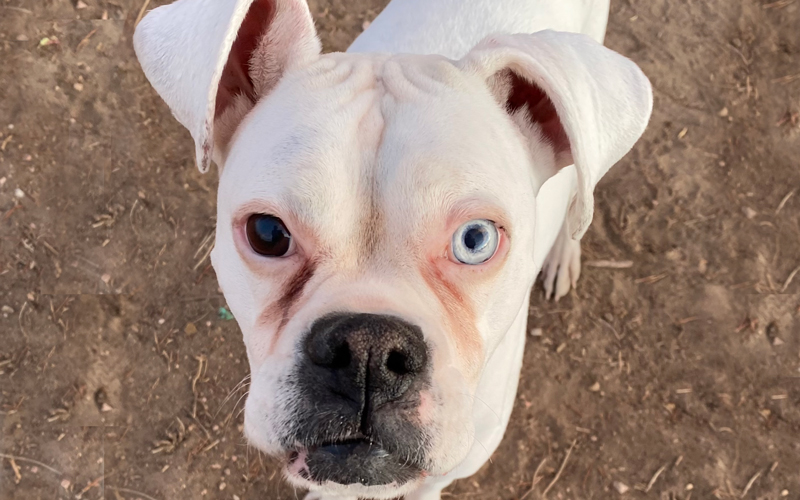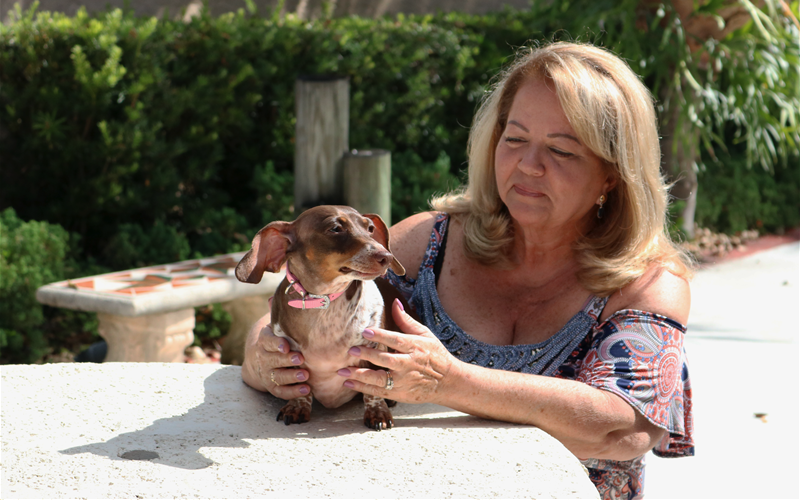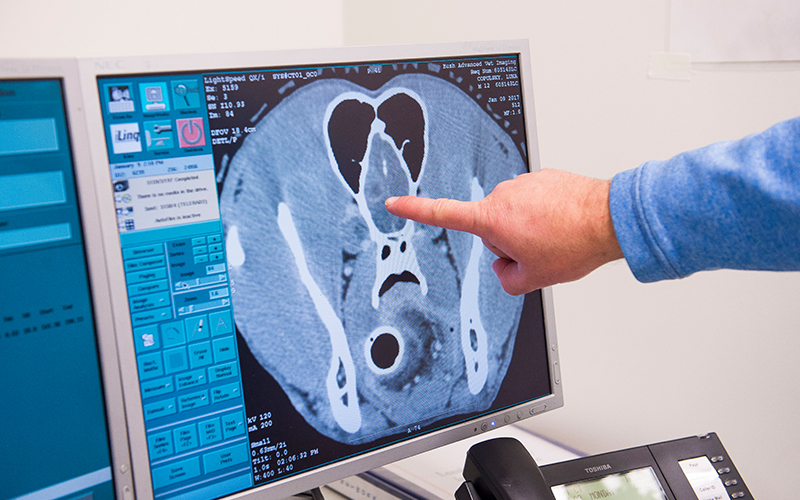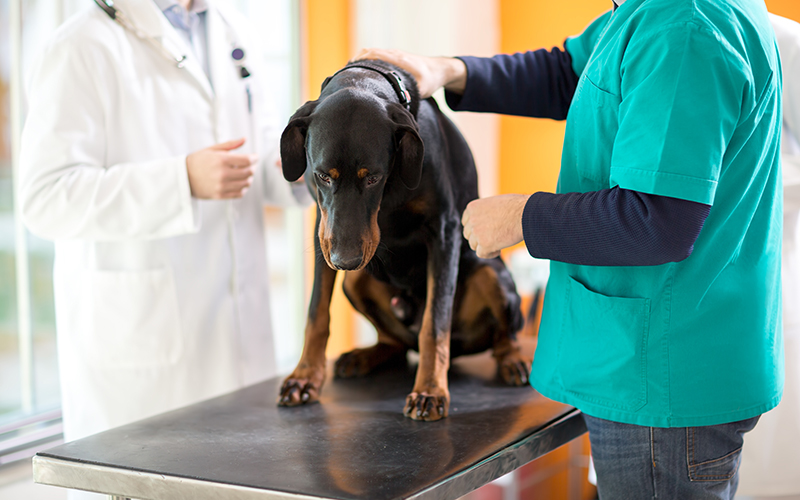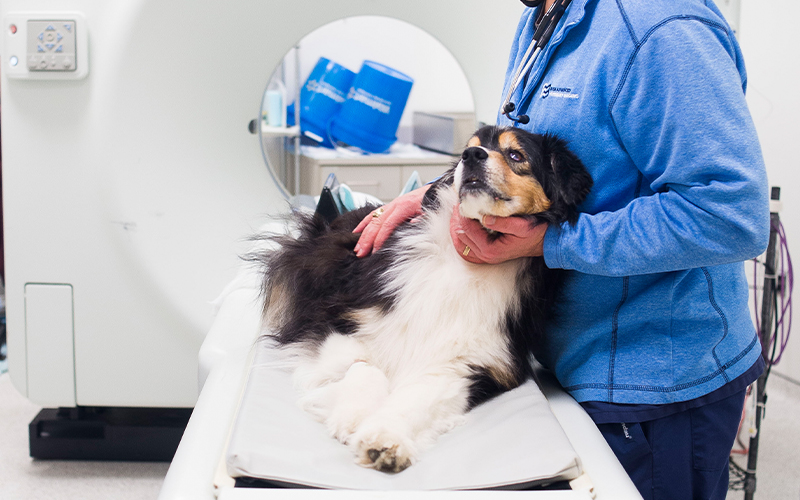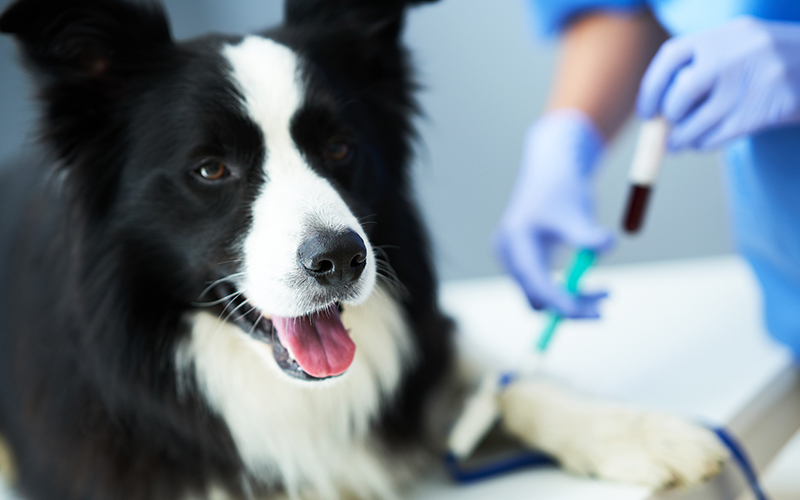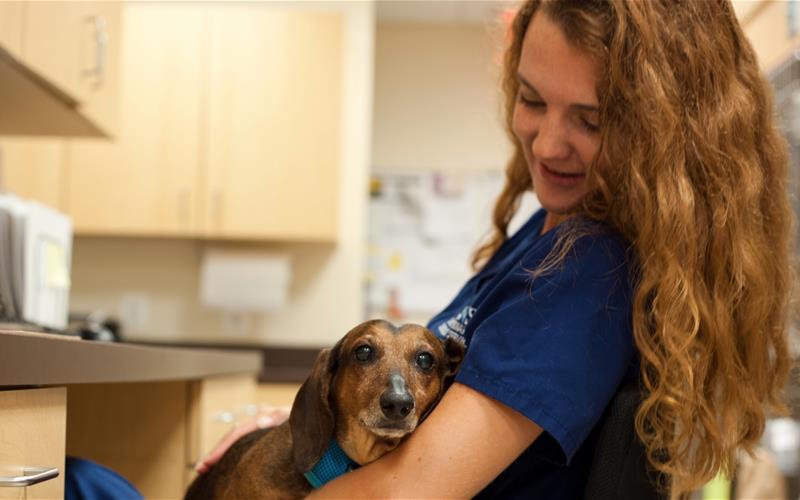
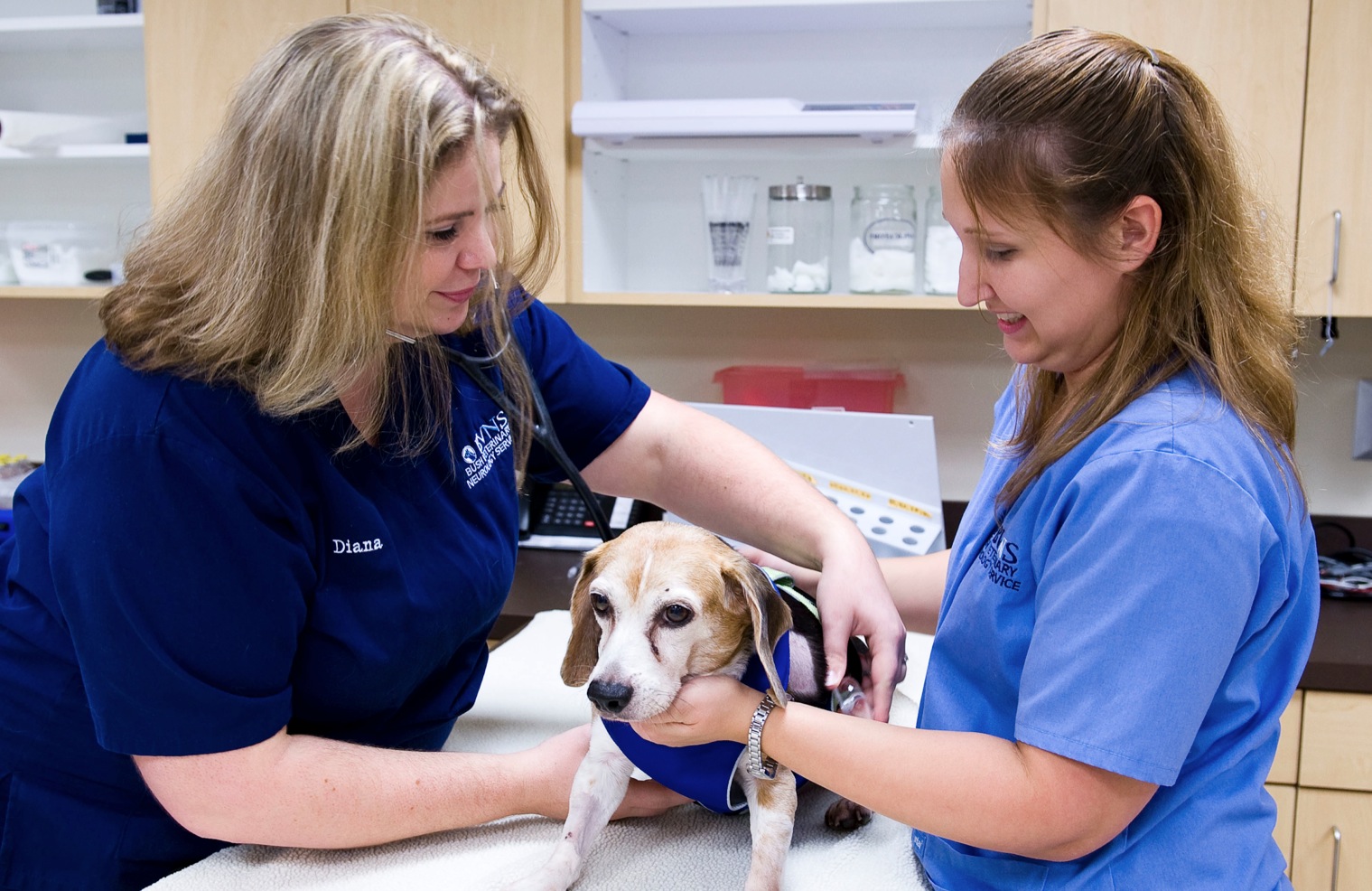
What is a Board-Certified Veterinary Neurologist?
A Board-certified Veterinary Neurologist is an individual that has graduated from veterinary school with a doctorate in veterinary medicine (DVM), but has gone on to complete additional specialized training in the field of Veterinary Neurology.
Veterinary Neurology pertains to conditions affecting the brain, spinal cord, muscles, and nerves of animals. You will find Board-certified Veterinary Neurologists at veterinary schools and at private practices.
Examples of problems Board-certified Veterinary Neurologists are presented with include animals with difficulty using their legs (paralysis and/or weakness), spinal pain, abnormal gaits, seizures, unusual episodic events, behavioral changes, head tilt and balance issues, and tremors just to name a few.
How does someone become a Board-certified Veterinary Neurologist?
The process of becoming a Board-certified Veterinary Neurologist involves multiple years of additional training after veterinary school. The training is in the form of a residency that exposes the veterinarian to a variety of neurological diseases affecting a variety of animals. Most Board-certified Veterinary Neurologists spend the majority of their time treating dogs and cats, but may see exotics, horses, and livestock (cattle, pigs, goats, sheep, llamas/alpacas).
On completion of a residency, an extensive examination process must be passed in order to demonstrate the knowledge necessary to become a Board-certified Veterinary Neurologist.
What do Veterinary Neurologists do?
The most important skill a Board-certified Veterinary Neurologist possesses is the ability to perform a detailed neurological exam. Because animals are not able to voice their concerns the neurological exam is key to determining if, and what part of the nervous system is affected.
After performing a neurological exam a Board-certified Veterinary Neurologist is able to discuss with an owner the most likely causes for their animal’s problem, the tests necessary to determine the exact cause, and available treatment options.
The more common specialized tests utilized by a Board-certified Veterinary Neurologist include:
- Magnetic Resonance Imaging (MRI)
- Computed Tomography (CT, cat scan)
- Myelograms
- Spinal fluid analysis (spinal tap)
- Electrodiagnostics
- Muscle/nerve biopsy
The direct involvement of a Board-certified Veterinary Neurologist when these tests are performed is helpful in providing an expedited diagnosis and treatment plan.
How do general practitioners work with Veterinary Neurologists?
General practitioners will consult with Board-certified Veterinary Neurologists regarding difficult neurology cases. When more specialized care is required, the general practitioner will refer an owner to a Board-certified veterinary neurologist. The neurologist works with the general practitioner in a collaborative manner to help diagnose and treat animals with neurological diseases. The Board-certified veterinary neurologist does not replace the general practitioner, but rather works as a partner with the general practitioner in managing neurological diseases.
Unlike human neurologists, most Board-certified Veterinary Neurologists are trained to not only diagnose diseases of the nervous system, but also have extensive training performing surgeries to address the diseases they diagnose. Therefore, brain and spinal surgeries are commonly referred to Veterinary Neurologists by general practitioners. This comprehensive approach to managing diseases of the nervous system is a major strength of the Board-certified Veterinary Neurologist.
Edited by:
Sarah Trub, DVM, DACVIM (Neurology)
April, 2020

.png?sfvrsn=61330c13_1)
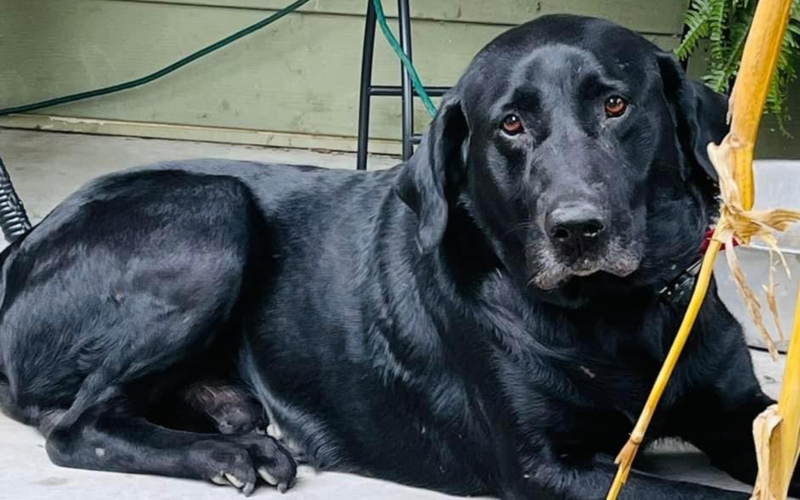
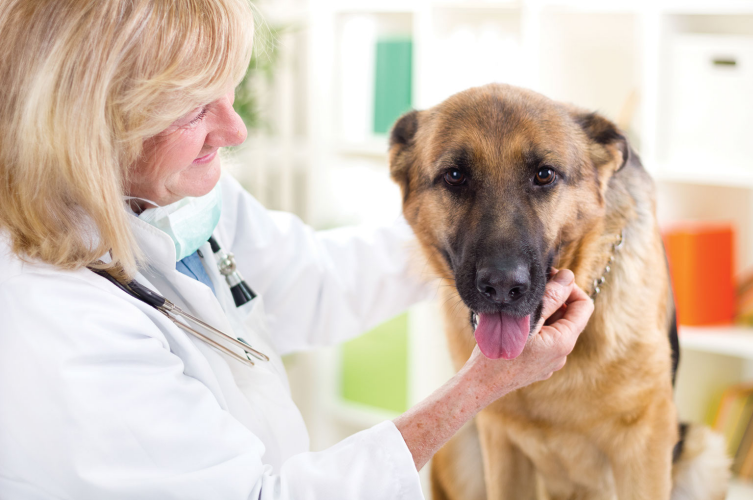
.png?sfvrsn=821c2c43_1)
.png?sfvrsn=32c0834_1)



